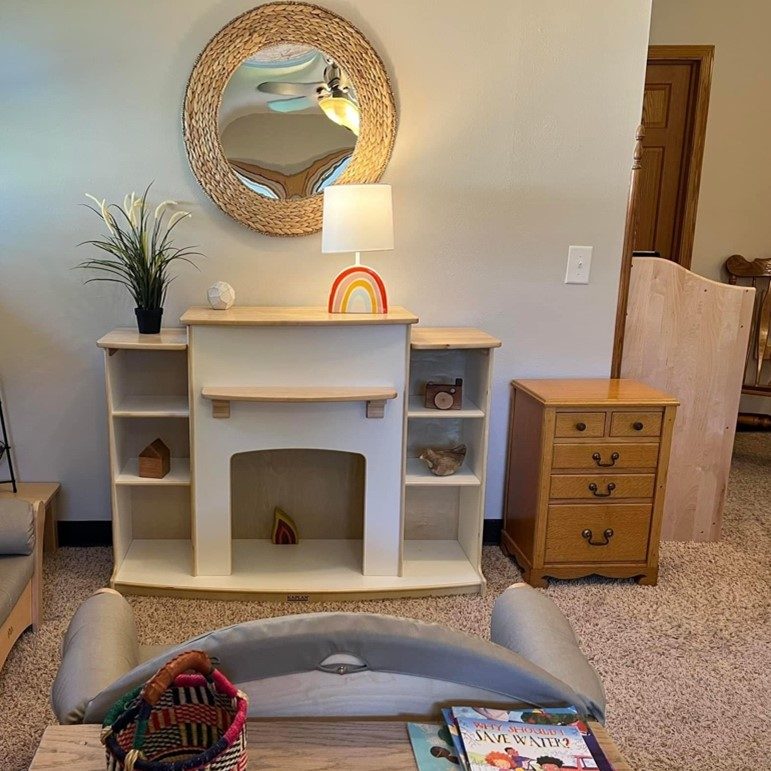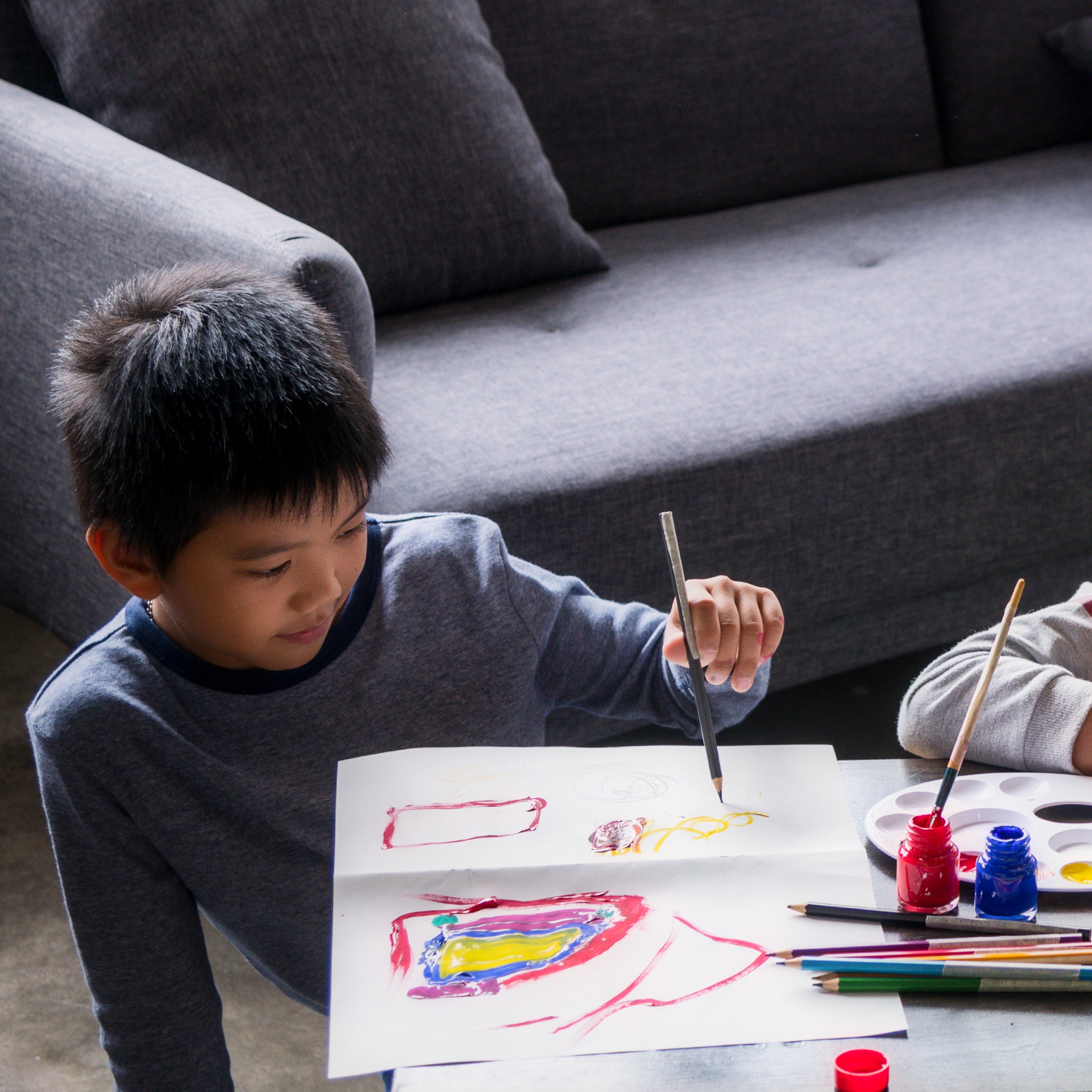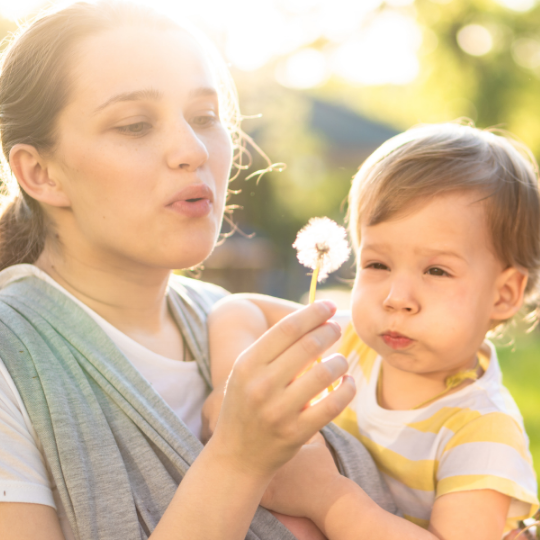In early care and education, family child care plays a vital role in nurturing young minds and providing a supportive environment for children’s growth and development. Family child care offers a unique setting where children receive personalized attention in a home-like atmosphere. One of the key factors contributing to the success of family childcare is the environment in which it takes place. In this blog post, we’ll explore how to set up an enriching environment for family childcare, fostering learning, creativity, and emotional well-being.
The physical space of a family child care setting should be carefully designed to promote safety, comfort, and exploration. Consider creating distinct areas for different activities such as play, learning, and quiet areas. Use child-sized furniture and equipment to encourage independence and engagement. Neutral colors, child created artwork, and age-appropriate toys can stimulate curiosity and imagination.
Play is a crucial aspect of early childhood development, serving as a vehicle for learning and socialization. Incorporate a variety of materials and activities that encourage exploration, problem-solving, and creativity. For example, provide open-ended toys like blocks, puzzles, and art supplies that allow children to experiment and express themselves freely. Outdoor play areas are also beneficial for gross motor development and sensory exploration.
Consistency and structure are essential for young children, providing a sense of security and predictability. Establishing a daily routine that includes time for play, learning, meals, and rest helps children feel comfortable and helps manage behavior. Displaying visual schedules can help children understand and anticipate the day’s activities. Flexibility is key, but maintaining a general rhythm can contribute to a positive childcare environment for both children and caregivers.
Family child care offers the opportunity for meaningful relationships to grow between caregivers, children, and families. Create a warm and welcoming atmosphere where children feel valued, respected, and supported. Take the time to listen to their thoughts and feelings and engage in meaningful interactions that promote language development and emotional intelligence. Building strong partnerships with families through open communication and collaboration is also essential for providing consistent and responsive care.
As caregivers, it’s crucial to stay informed about best practices in early childhood education and to continually reflect on and improve practices. Attend training sessions, workshops, and conferences to stay updated on the latest research and trends. Seek feedback from families and colleagues and be open to trying new approaches that better meet the needs of the children in your care.
Family childcare offers a unique and valuable option for early care and education, providing children with a nurturing and supportive environment where they can learn, grow, and thrive. By thoughtfully designing the physical space, promoting learning through play, establishing routines, cultivating positive relationships, and committing to continuous learning and improvement, caregivers can create an enriching environment that sets the stage for lifelong success.
Contributed by Anne Alexander, Professional Early Care and Education Coach



